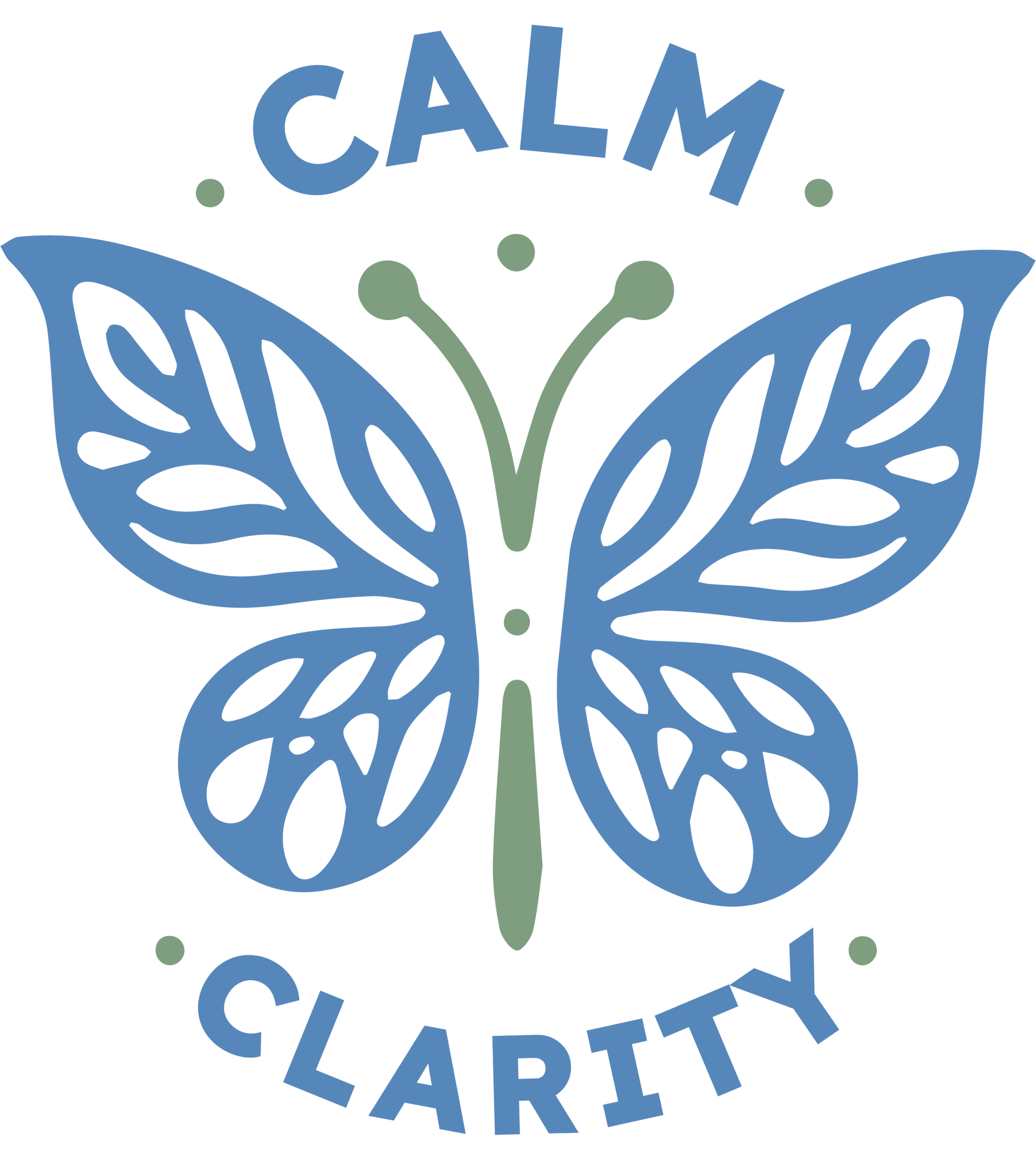Frequently Asked Questions
ADHD in Adults: Get Informed, Get Supported
Adult ADHD Statistics
Because ADHD has only been well-characterized and widely recognized, diagnosed, and treated within approximately the past 20 years, many adults with ADHD present for diagnosis and treatment after having suffered with the disorder, untreated, for the majority of their lives.
Over 50% of adults with ADHD were diagnosed in adulthood, with a higher prevalence in women compared to men.
ADHD is not only a childhood disorder. About 4% of American adults over the age of 18 deal with ADHD impacts on a daily basis.
Despite the prevalence of adult ADHD, only 10-25% receive an accurate diagnosis and adequate treatment.
In adults with ADHD, a high percentage (up to 80%) experience comorbid psychiatric disorders, most commonly anxiety, depression, mood disorders, and substance use disorders, which can complicate diagnosis and treatment.
Questions About ADHD And Our Services
Do you have a question? Feel free to give me a call and also take a look at some of our most frequently asked questions.
Have More Questions?
Starting therapy can be a big step, and it is natural to have questions. It is completely okay to feel a bit overwhelmed. We're here to listen and help you through every concern you have. Your questions are important, and answering them is part of how we make sure you feel comfortable and ready to create change.
Please feel free to reach out. Let's talk it through and set your mind at ease as we create a partnership and find the best fit for your therapeutic experience.
Take The Next Step!
Take control of your wellness journey with Calm Clarity Therapy. Here, we focus on you, crafting personalized therapy that fits your life and goals. Let's work together to unlock your strengths and navigate daily challenges more effectively. Book your free consultation today and start a path tailored uniquely for you, where your growth and independence are our priority.

